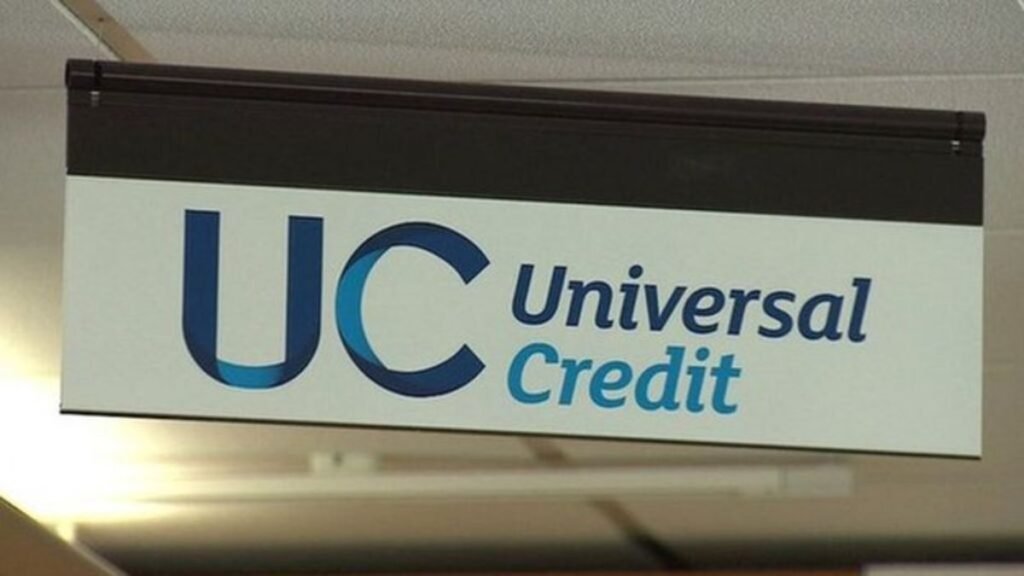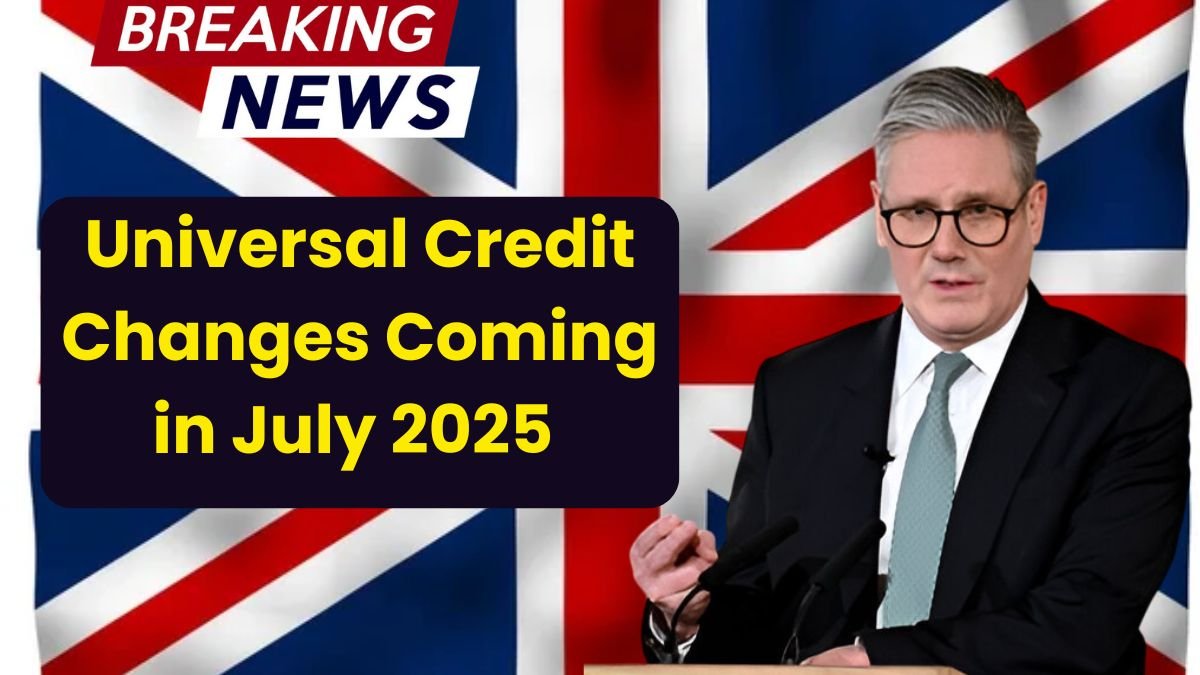Introduction: The UK government changes its social assistance schemes from time to time so that they can become more effective according to the changing economic situation, lifestyle and needs. Universal Credit (UC) is also one such scheme which remains the lifeline of millions of people in the country. cost of living Many important new policies and eligibility rules related to Universal Credit are going to be implemented in July 2025.
If you are already taking Universal Credit or are thinking of taking it, then this article is very important for you. In this we will know what changes are coming from July 2025, who will be eligible, and what things have to be kept in mind under the new rules.
What is Universal Credit?
Universal Credit (UC) is a monthly payment given by the UK government, which is given to those who have low income or who are unemployed. The scheme incorporates six different benefits into one
- Jobseeker’s Allowance (JSA)
- Housing Benefit
- Working Tax Credit
- Child Tax Credit
- Income Support
- Employment and Support Allowance (ESA)
The aim of this scheme is to help the needy according to their financial situation through a single payment system.
So what changes Universal Credit in July 2025??

The British government has declared that numerous crucial reforms are to be carried out in Universal Credit in the period beginning July 2025. They are being modified taking into account the existing social and economic situation.
Change in Earnings Threshold
- Now the maximum limit of income of those who will be considered eligible for Universal Credit is being changed.
- Earlier where a person was eligible even with some income, now that limit can be reduced.
- This change may particularly affect part-time workers.
Work conditions and interaction with job centre work coaches
The number of ‘Work Coach Reviews’ for those working will now be increased, meaning you may have to visit the job centre more often.
There will be a greater focus on those who are work-ready but are still claiming.
Tighter conditions for self-employed individuals

Canada’s $7,500 June 2025 Tax Credit: Big Refunds for Seniors & Disabled—Find Out If You’re Eligible
Income calculations and interviews will be more stringent for those who do not have a stable income and are self-employed.
The government will now enforce the Minimum Income Floor (MIF) criteria more strictly.
Accurate determination of partner’s income
The income of the companion or partner will now be scrutinised more closely when making a claim.
This can be applied to the couples where the total income is near to the income eligibility limit.
Who will still be in the picture after July Payment 2025?
When you want to apply Universal Credit, or you are already taking it, you should know the criteria listed below:

- Age limit: You must be at least 18 years old.
- 16–17 years old may also be eligible in certain cases (such as becoming a parent).
- Housing status: You must be legally living in the UK and be a temporary or permanent resident.
- Homeless people may also be eligible if they meet other conditions.
- Income and capital: You will not qualify in case your total savings are above one hundred and sixty thousand.
- The savings below 6,000 are fully supported and those between 6000 and 16,000 partially.
- Work status: You must be unemployed, in work but on a low salary, or temporarily out of work.
What should applicants keep in mind?
- Give the correct information: When making a claim, enter your income, bank balance, partner details, children’s status, rent receipts etc. correctly.
- Keep in touch with Work Coach: If you are working or looking for work, keep in touch with your job centre.
- Keep the online portal updated: Keep Universal Credit’s online account updated and respond to every message on time.
How to apply?
- You can apply online by visiting the gov.uk website.
- Documents required for application:
- Identity proof (passport or driving licence)
- Bank statements
- Information related to income and savings
- Proof of residence
Who will be most affected?
- Part-time workers – whose income has increased slightly – may lose some benefits.
- Self-employed – their payments may decrease when MIF comes into force.
- Couples whose combined income is on the margin – may have to have eligibility reviewed.
Conclusion:
Millions of people could be hit by alterations to Universal Credit after July 2025. When you are enjoying benefits under the scheme it would make a difference to learn about these changes and update documents. The government is undertaking these reforms in order to bring higher transparency, accountability and stem abuse of benefits, and the beneficiaries will have to be prepared a little.
FAQs
Q1. What changes are being made to Universal Credit in July 2025?
A. Several key updates are being introduced, including revised income thresholds, stricter work requirements, increased Jobcentre interactions, and updated rules for self-employed individuals.
Q2. Will my current Universal Credit payments be affected?
A. Yes, if your income, working hours, or household circumstances change under the new rules, your payments may be adjusted accordingly.
Q3. What is the new income threshold under the July 2025 rules?
A. The income threshold is being reduced slightly. Claimants earning above a certain limit may no longer qualify or may receive reduced amounts.
Q4. Will part-time workers still be eligible?
A. Yes, but part-time workers may now be required to increase their working hours or meet with Jobcentre coaches more frequently to remain eligible.
Q5. How do the changes affect self-employed individuals?
A. Self-employed claimants will be assessed under a stricter Minimum Income Floor (MIF) policy, requiring proof of steady income or showing efforts to increase earnings.

